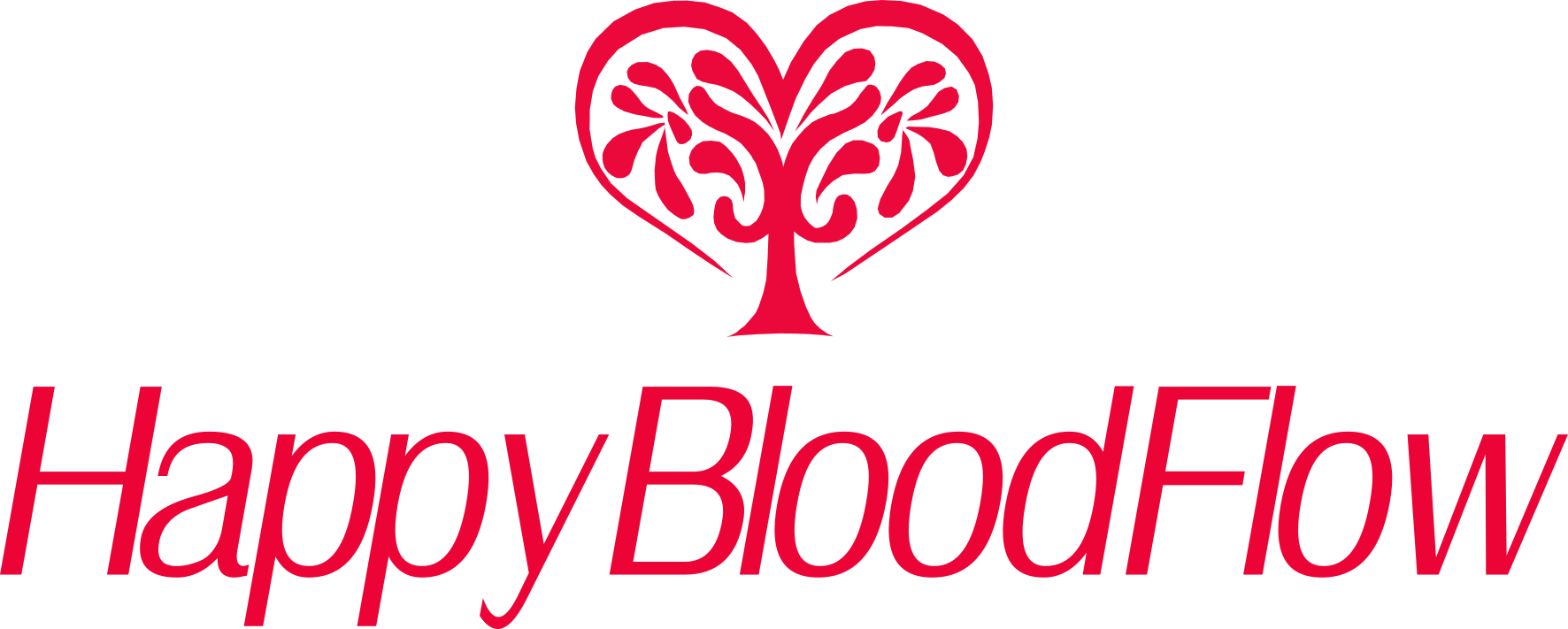Diet & Nutrition
Managing blood pressure is pivotal for heart health and overall wellness. One of the most powerful tools we have in this battle is our diet. What we consume daily can either elevate our risk of hypertension or, conversely, act as a preventive measure and therapeutic approach. A balanced and mindful diet can regulate and even reduce blood pressure, leading to a healthier heart and reduced risk of cardiovascular diseases. For those looking for a scientifically-backed dietary approach, the DASH diet has been shown to be particularly effective in managing blood pressure through dietary means.
1. Increase Potassium-rich Foods
Potassium is an essential mineral that helps balance sodium levels in the body. Consuming potassium-rich foods like bananas, sweet potatoes, beans, and leafy greens can aid in naturally reducing blood pressure.
2. Embrace Omega-3 Fatty Acids
Foods high in omega-3 fatty acids, such as flaxseeds, chia seeds, walnuts, and fatty fish like salmon, have been shown to lower blood pressure. They also reduce inflammation and improve heart health.
3. Consume Calcium and Magnesium-rich Foods
Both calcium and magnesium play vital roles in the dilation and constriction of blood vessels. Ensure you get ample amounts by including foods in your diet like dairy products for those who consume them. For vegans and those who prefer plant-based options, fortified plant milks, leafy green vegetables, tofu, and chia seeds are excellent sources of these essential minerals. Nuts and seeds are also universally beneficial, providing a nutritious boost for everyone, regardless of dietary preference.
4. Rethink Grains
Grains are staples in many diets, including the DASH diet which is beneficial for managing blood pressure. However, not all grains are created equal, and some individuals, especially those with certain autoimmune conditions, may not tolerate them well. While grains can be a part of a balanced diet, it's essential to recognize that they are not as nutrient-dense as some other food groups. If you're considering grains, opt for whole and unrefined choices. But always remember, there are often more nutritious alternatives available. Evaluate your personal nutritional needs and consider if grains are the best fit for you or if there are other more nutrient-rich options you can prioritize.
5. Eliminate Alcohol
Alcohol consumption can elevate blood pressure by causing temporary spikes, promoting weight gain due to its high caloric content, interfering with the effectiveness of hypertension medications, disrupting sleep patterns, and often introducing excess salt and sugars in mixed drinks. For individuals with or at risk for high blood pressure, eliminating alcohol intake can be crucial in effectively managing their condition.
6. Limit Sodium Intake
While the body needs a certain amount of sodium to function correctly, excessive salt intake is linked to high blood pressure. Furthermore, regularly consuming high-salt foods can recalibrate our palate, making it less sensitive and more reliant on salt for flavor. This diminished sensitivity can make it challenging to appreciate the natural flavors of healthy, unprocessed foods. Over time, this can perpetuate a preference for overly salty, often unhealthy, processed foods. Opting for natural herbs and spices to flavor your food not only reduces sodium intake but also helps retrain your palate to enjoy the rich, intrinsic tastes of whole foods.
7. Eat Protein
Protein is a critical macronutrient that everyone needs in adequate amounts daily. Not only is protein essential for muscle and tissue repair, but it's also naturally satiating, helping to control hunger and reduce unnecessary calorie consumption.
8. Eliminate Refined Sugars
Refined sugars, especially those in sweetened beverages, contribute to weight gain. When you consume these sugars, they're rapidly absorbed, leading to swift spikes in blood sugar and insulin. Over time, this can result in weight gain, especially around the abdomen, which is directly linked to increased blood pressure. Avoid foods and drinks with high added sugar content to maintain a healthy weight and blood pressure.
9. Prioritize Whole Foods
Focus on consuming whole, unprocessed foods. These foods are typically more nutrient-dense and free from the additives and preservatives found in many processed products. Fresh fruits, vegetables, legumes, nuts, seeds, and lean meats are staples in a whole food diet.
10. Stay Hydrated
Drinking enough water is crucial for maintaining optimal blood volume and pressure. Dehydration can lead to increased blood pressure as the body tries to secure more fluids. Aim for at least 8 glasses a day, but remember individual needs may vary based on factors like activity level and climate.
Time to get Moving!